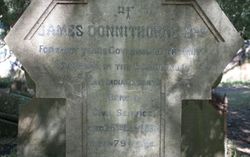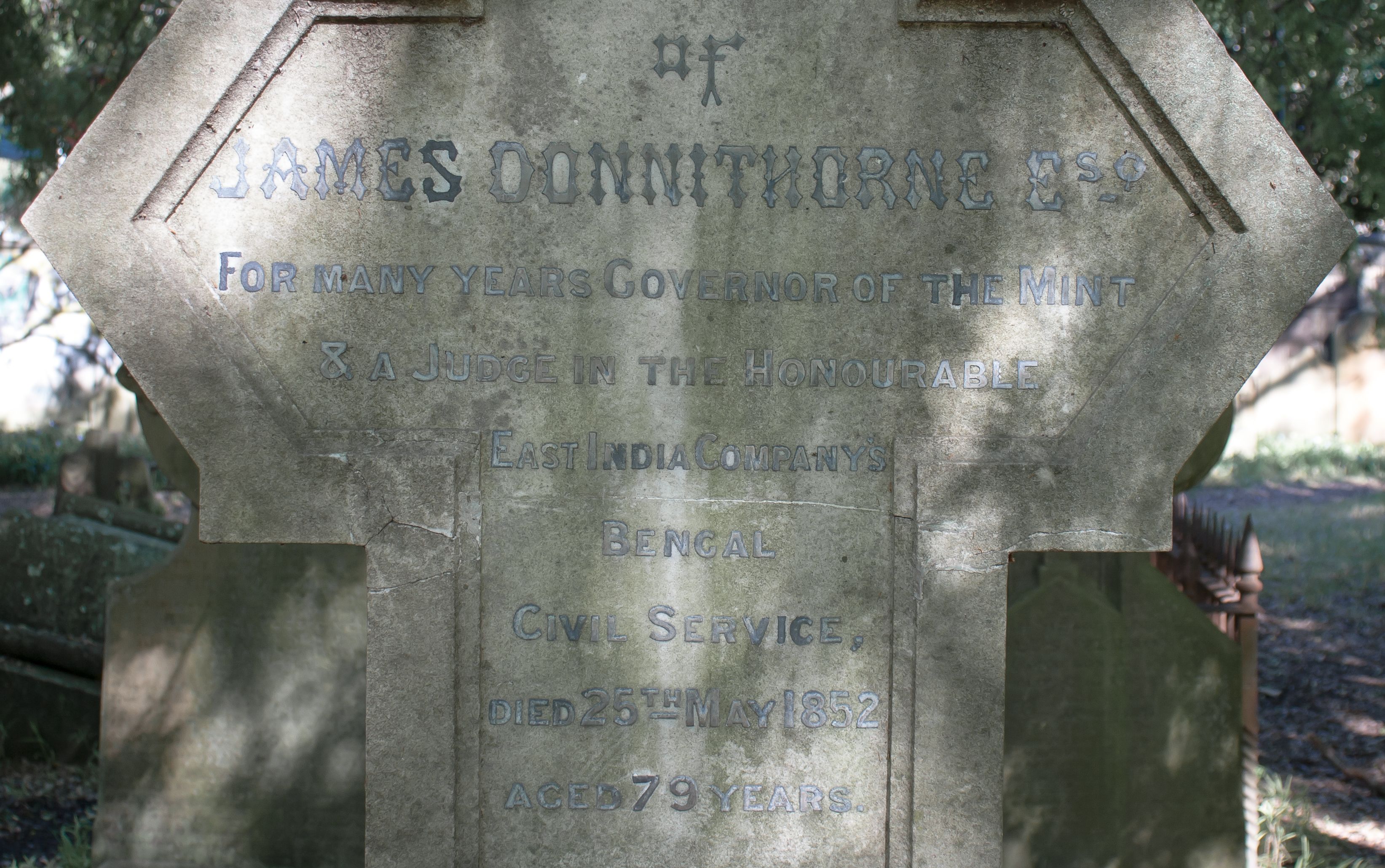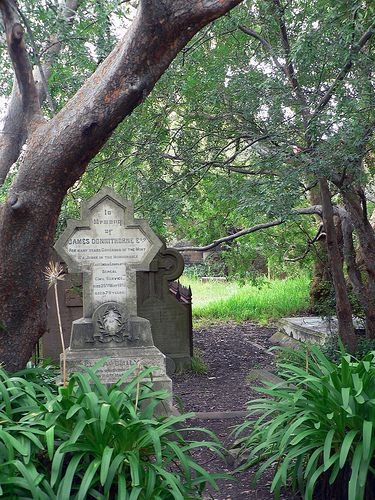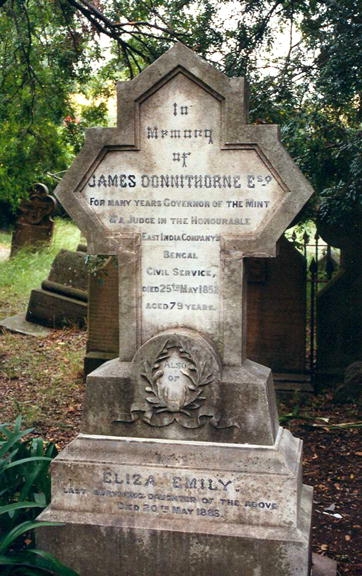After a bumpy start in India, running away to join famed navigator Captain William Bampton chart the Torres Straight islands, he settled down and soon began a rise within the company through hard work and ingenuity. He possessed amazing drive and worked his way up to the highest tiers of the East India Company, India Office records show he held numerous important posts, including: First Assistant Registrar of the Court of Appeals and Circuit in Patra in 1796 - Acting Judge and Magistrate at Rasughur afterwards Jessore in 1807 – Collector and Master of the Mint at Farrakabad in 1808 and in 1822 he was Third Member of the Revenue Board. Records reveal that when he was Governor of the Mint his annual income was ₤12,000, a phenomenal sum at the time akin to many millions by today's standards. His natural acumen for business enabled him to amass a considerable fortune and influence while a young man, he owned a strawberry farm and ventures in India and wasn't afraid to get his hands dirty.
He married twice, had three children to his first wife Elizabeth and upon her death married Sarah Eliza Bampton in 1807, daughter of the famous navigator, in Mirzapore near Culna. A happy marriage and large family soon followed, three daughters and three sons surviving childhood. The infamous Calcutta cholera outbreak of 1832 blasted the foundations out from under him, claimed the lives of his teenage daughters Penelope (1814-1832) & Catherine (1816-1832) along with their mother Sarah (1787-1832), whose epitaph in Kedgeree Cemetery declared that she died of a broken heart.
India lost it charm for him and in 1838 he retired to colonial Sydney, Australia, with his daughter Eliza (1826-1886). Having for years encouraged British expatriates in India to settle in Australia after their service had ended he took his own advice, arriving on the ‘Emerald Isle' in the good company of soon to be famous social reformer Caroline Chisholm. His children establishing careers in India and the UK. James Donnithorne was an industrious man, couldn't retire in idleness, he invested extensively in NSW, Victoria and South Australia. Going into partnership with pioneering pastoralists such as Robert Ebden In Victoria, he owned vast tracts of land, including an estate called ‘Montmorency' in Eltham today a suburb of Melbourne, a large sheep station called ‘St Agnes Station' in Kyneton and cattle stations in the Mount Macedon area where Picnic at Hanging Rock was filmed.
The wool industry in Australia owed part of its existence to Donnithorne's father in law, who was fundamental in introducing them on the continent and providing an industry that would be fundamental to Australian prosperity for 200 years.
Business was good and as his wealth increased so did his civic generosity, he joined public movements to raise funds to help newly arrived settlers who found themselves stranded in the colonies. He often hired destitute people he encountered on his way to and from his farm properties to help them out, in one famous case an elderly man whom he allowed to live free at his Kyneton property in comfort and security until he died a few months later and was given a Christian burial by Donnithorne. A deeply religious man he attended several churches and provided donations for the construction of St Andrews Cathedral in Sydney and houses of worship in Melbourne, both Church of England and Catholic. He won renown for unbounded hospitality, entertaining such colonial notables as John Nathaniel Gibbes (1787-1873) NSW revenue collector and Dr William Bland (1789-1868) who became close friends, and hobnobbed with Governs Gipps and Fitzroy.
He had a good eye for real estate and purchased choice tracts of land around Australia, one of his most historic pieces was ‘Rodham Farm' a pristine area of Sydney Harbor foreshore now known as Watson's Bay. History reveals James Donnithorne a man before his time in many of his business ventures, the development of Watson's Bay a good example. In 1843 he marketed the site for suburban development, described it in his Sydney Morning Herald advertisement as having the potential of "becoming one of the most fashionable resorts of taste and fashion in town". Ideal to be "subdivided into portions suitable for Marine Villa Residences" and recommended those "who may not have visited this enchanting and interesting marine spot to take a boat and enjoy the sail down the harbour" excellent advice then as now. However due to its remoteness from town, the area having poor drainage and problems securing a constant fresh water supply for his advocated township it did not come to pass, the modern suburb is a realization of his vision back when the colony was young.
He was respected, revered, even feared by people he conducted business with as a man not to be trifled with, who didn't suffer fools or accept incompetence gladly, a formidable man who commanded respect but who also had a big heart. When he died in 1852 newspapers throughout the colonies published tributes to him and his funeral services were presided over by the Reverend William Grant (1788-1853) the first Bishop of Sydney.
After a bumpy start in India, running away to join famed navigator Captain William Bampton chart the Torres Straight islands, he settled down and soon began a rise within the company through hard work and ingenuity. He possessed amazing drive and worked his way up to the highest tiers of the East India Company, India Office records show he held numerous important posts, including: First Assistant Registrar of the Court of Appeals and Circuit in Patra in 1796 - Acting Judge and Magistrate at Rasughur afterwards Jessore in 1807 – Collector and Master of the Mint at Farrakabad in 1808 and in 1822 he was Third Member of the Revenue Board. Records reveal that when he was Governor of the Mint his annual income was ₤12,000, a phenomenal sum at the time akin to many millions by today's standards. His natural acumen for business enabled him to amass a considerable fortune and influence while a young man, he owned a strawberry farm and ventures in India and wasn't afraid to get his hands dirty.
He married twice, had three children to his first wife Elizabeth and upon her death married Sarah Eliza Bampton in 1807, daughter of the famous navigator, in Mirzapore near Culna. A happy marriage and large family soon followed, three daughters and three sons surviving childhood. The infamous Calcutta cholera outbreak of 1832 blasted the foundations out from under him, claimed the lives of his teenage daughters Penelope (1814-1832) & Catherine (1816-1832) along with their mother Sarah (1787-1832), whose epitaph in Kedgeree Cemetery declared that she died of a broken heart.
India lost it charm for him and in 1838 he retired to colonial Sydney, Australia, with his daughter Eliza (1826-1886). Having for years encouraged British expatriates in India to settle in Australia after their service had ended he took his own advice, arriving on the ‘Emerald Isle' in the good company of soon to be famous social reformer Caroline Chisholm. His children establishing careers in India and the UK. James Donnithorne was an industrious man, couldn't retire in idleness, he invested extensively in NSW, Victoria and South Australia. Going into partnership with pioneering pastoralists such as Robert Ebden In Victoria, he owned vast tracts of land, including an estate called ‘Montmorency' in Eltham today a suburb of Melbourne, a large sheep station called ‘St Agnes Station' in Kyneton and cattle stations in the Mount Macedon area where Picnic at Hanging Rock was filmed.
The wool industry in Australia owed part of its existence to Donnithorne's father in law, who was fundamental in introducing them on the continent and providing an industry that would be fundamental to Australian prosperity for 200 years.
Business was good and as his wealth increased so did his civic generosity, he joined public movements to raise funds to help newly arrived settlers who found themselves stranded in the colonies. He often hired destitute people he encountered on his way to and from his farm properties to help them out, in one famous case an elderly man whom he allowed to live free at his Kyneton property in comfort and security until he died a few months later and was given a Christian burial by Donnithorne. A deeply religious man he attended several churches and provided donations for the construction of St Andrews Cathedral in Sydney and houses of worship in Melbourne, both Church of England and Catholic. He won renown for unbounded hospitality, entertaining such colonial notables as John Nathaniel Gibbes (1787-1873) NSW revenue collector and Dr William Bland (1789-1868) who became close friends, and hobnobbed with Governs Gipps and Fitzroy.
He had a good eye for real estate and purchased choice tracts of land around Australia, one of his most historic pieces was ‘Rodham Farm' a pristine area of Sydney Harbor foreshore now known as Watson's Bay. History reveals James Donnithorne a man before his time in many of his business ventures, the development of Watson's Bay a good example. In 1843 he marketed the site for suburban development, described it in his Sydney Morning Herald advertisement as having the potential of "becoming one of the most fashionable resorts of taste and fashion in town". Ideal to be "subdivided into portions suitable for Marine Villa Residences" and recommended those "who may not have visited this enchanting and interesting marine spot to take a boat and enjoy the sail down the harbour" excellent advice then as now. However due to its remoteness from town, the area having poor drainage and problems securing a constant fresh water supply for his advocated township it did not come to pass, the modern suburb is a realization of his vision back when the colony was young.
He was respected, revered, even feared by people he conducted business with as a man not to be trifled with, who didn't suffer fools or accept incompetence gladly, a formidable man who commanded respect but who also had a big heart. When he died in 1852 newspapers throughout the colonies published tributes to him and his funeral services were presided over by the Reverend William Grant (1788-1853) the first Bishop of Sydney.
Family Members
Advertisement
Explore more
Sponsored by Ancestry
Advertisement





